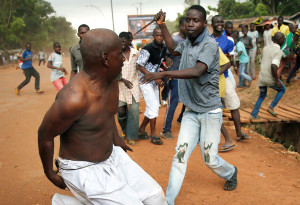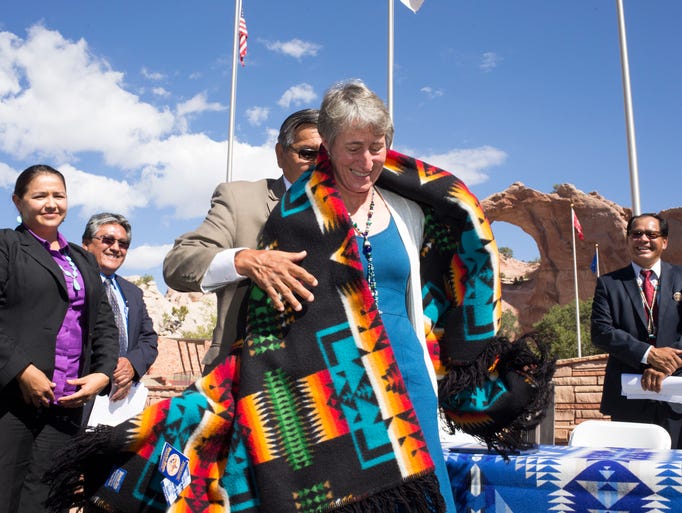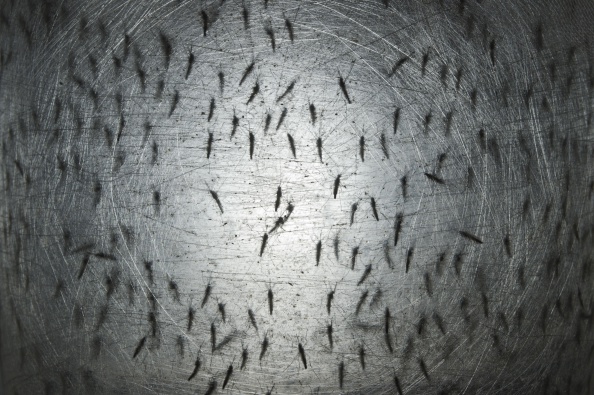By Ashley Repp
Impunity Watch news reporter, Africa
The ICC has begun official investigation into crimes against humanity in the Central African Republic. Fatou Bensouda, prosecutor for the ICC stated that the list of alleged crimes is simply too serious to ignore, and includes rape, pillaging, murder, and use of child soldiers. As a result, formal evidence to mount a case will be collected.
Photo: Man Chases a suspected Seleka member (Courtesy of The Atlantic)
The violence began after a coup in March of 2013. The Muslim group, Seleka, overthrew the president and installed the politician of their choice, Francois Bozize. Violence escalated, and a Christian group formed, called anti-balaka, which translates somewhat to anit-machete. As the nation began to split along sectarian lines, creating stark contrast between the Muslim minority and Christian majority, violence and crimes against humanity became more glaringly obvious to the international community. After proving that he was unable to quell the violence, Francois Bozize was pressured by world leaders to step down from his position as president.
An interim president from the Christian majority was installed, and she in turn, selected a Muslim prime minister, in an attempt to reduce the sectarian violence. This also has provide ineffective at quelling the violence, and now, the ICC has decided that it must step in to mount a case against those who perpetrated the violence. The UN has also sent troops to the country in an effort to help reduce the violence and crimes against humanity.
While the violence has certainly taken a toll on the nation, and efforts by the ICC may be warranted, many Africans are skeptical of the ICC, if not unsupportive. The ICC currently has eight investigations open, and all of the cases are in Africa. In many regards, these efforts may come across as a new form of imperialism, with the sights set on Africa. As one man the Central African Republic noted, “Normally we Africans are against the actions of the ICC, but for the Central African case, it’s a necessity because the Central African justice system doesn’t have the means or the desire to judge those responsible for this crisis.”
Beyond many African countries feeling targeting by the ICC, there is doubt, in many minds, that the ICC has the ability to carry out justice, as it has mounted cases against many, with no real punishment or ability to even capture those it charges with crimes. So while the Central African Republic continues to cope with the violence that has gripped the country, all it can do is wait and see if ICC efforts will be able to bring to justice those who perpetrated the crimes against humanity.
For more information, please visit:
The Wall Street Journal- The International Criminal Court opens second Central African Republic probe– 24 Sep 2014
ABC News- ICC opens new Central African Republic probe– 24 Sep 2014
All Africa- Central African Republic: Hague court opens probe in Central African Republic– 24 Sep 2014
Aljazeera- ICC to probe possible war crimes in CAR– 25 Sep 2014



